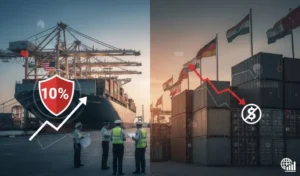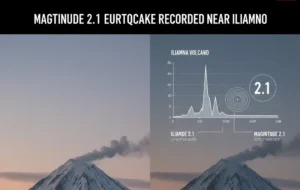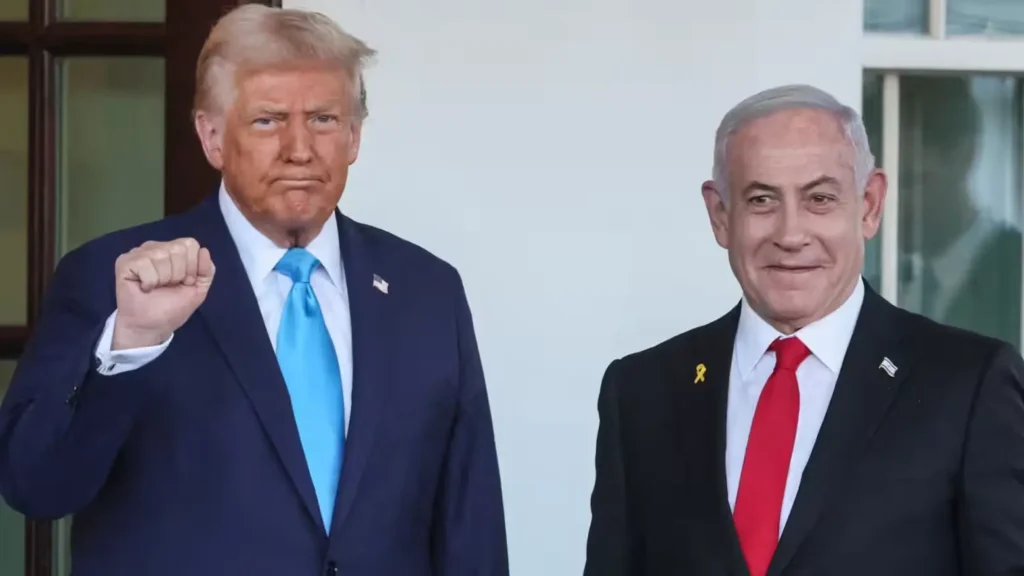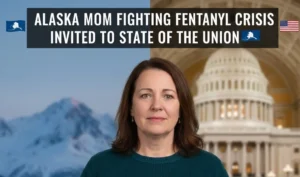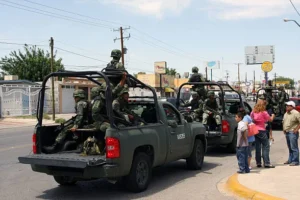Israeli Defense Minister Israel Katz has directed the military to prepare a plan allowing Gazans to leave if they choose. His statement aligns with former US President Donald Trump’s proposal to resettle Gaza’s 2.1 million Palestinians elsewhere.
Trump asserted that Israel would transfer control of Gaza to the US after the conflict, the claim met with immediate Palestinian rejection. Katz emphasized that Gazans should have freedom of movement and that countries criticizing Israel’s actions should accept them as refugees.
He also accused Hamas of preventing residents from leaving and argued that resettlement could support long-term reconstruction in a demilitarized Gaza. Trump described his plan as a chance to create “the Riviera of the Middle East,” insisting that relocation would provide Palestinians with safety and better living conditions.
Palestinian officials strongly opposed the Trump’s Gaza resettlement plan, calling it a violation of international law. Nabil Abu Rudeineh, a spokesman for the Palestinian presidency, rejected the idea.
Hamas officials dismissed the proposal as an attempt to cover Israel’s failures in achieving its war objectives. The UN also condemned any forced displacement, warning that international law prohibits transferring people from occupied territories.
Since Israel launched its military campaign on October 7th, 2023, Gaza has suffered devastating losses. More than 47,550 people have died, and nearly 70% of the region’s buildings have been damaged. The Humanitarian crisis has intensified with severe shortages of food, medicine, and shelter.
Trump’s comments have also sparked confusion within his administration. White House spokeswoman Caroline Leavitt stated that relocation would be temporary, contradicting Trump’s remarks about permanent resettlement.
Israeli Prime Minister Benjamin Netanyahu praised the proposal, suggesting Gazans could leave and later return for reconstruction. As global opposition grows, Trump’s Gaza resettlement plan remains a contentious issue. Raising concerns about forced migration and the future of Palestinian statehood.


